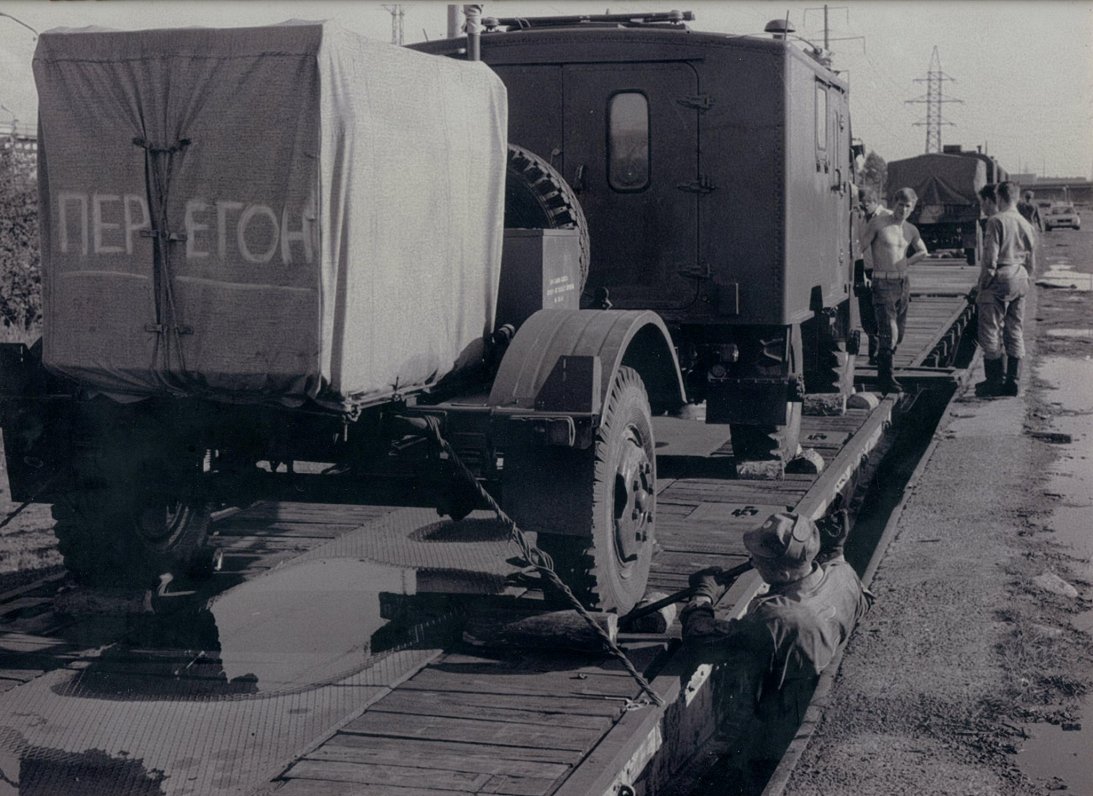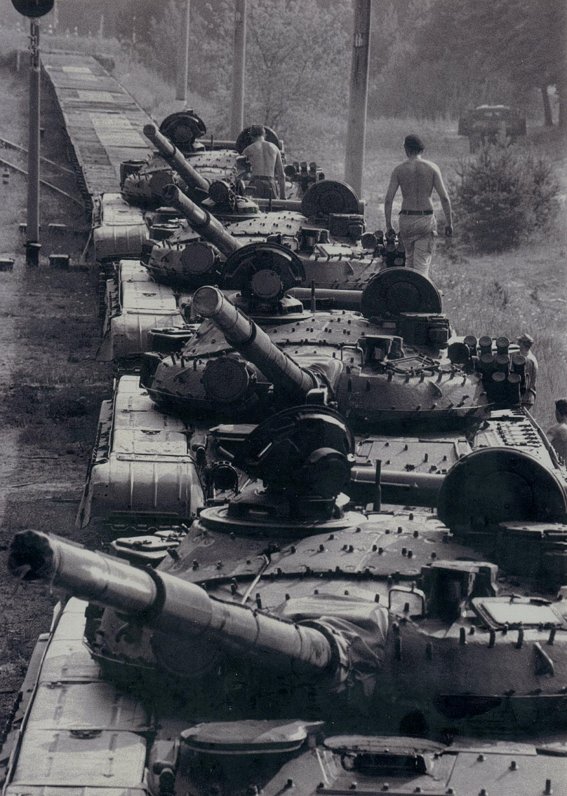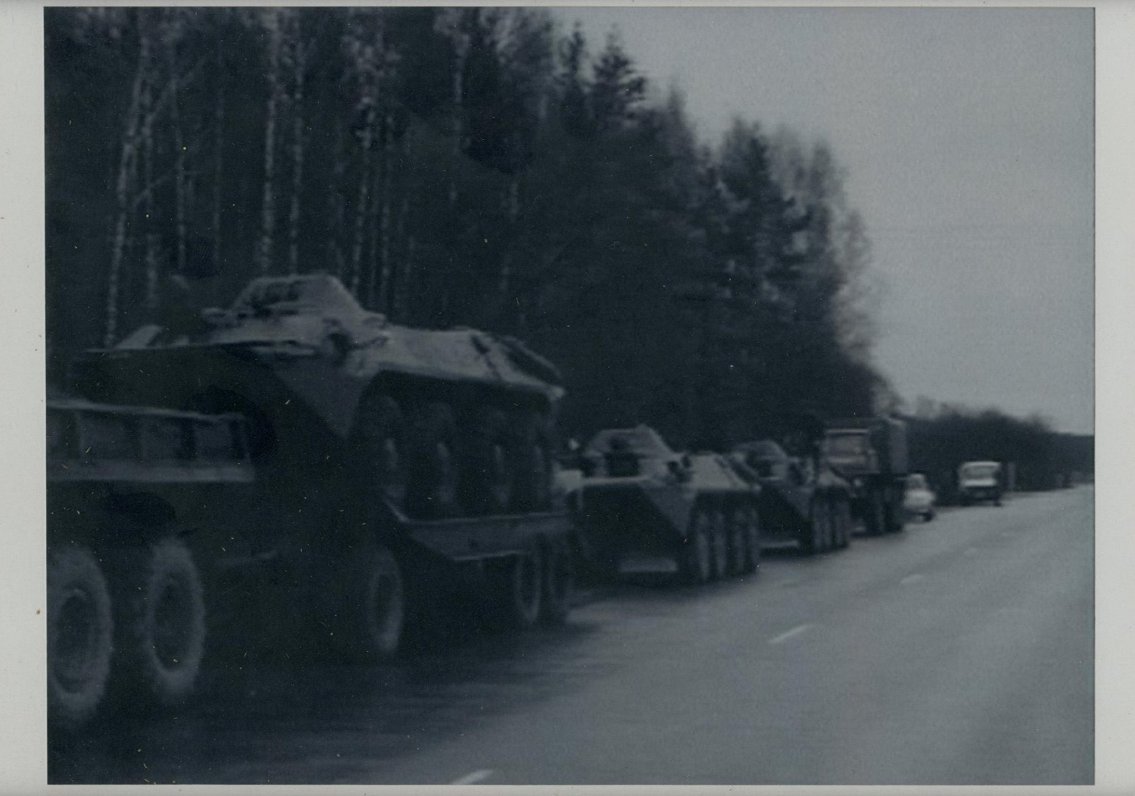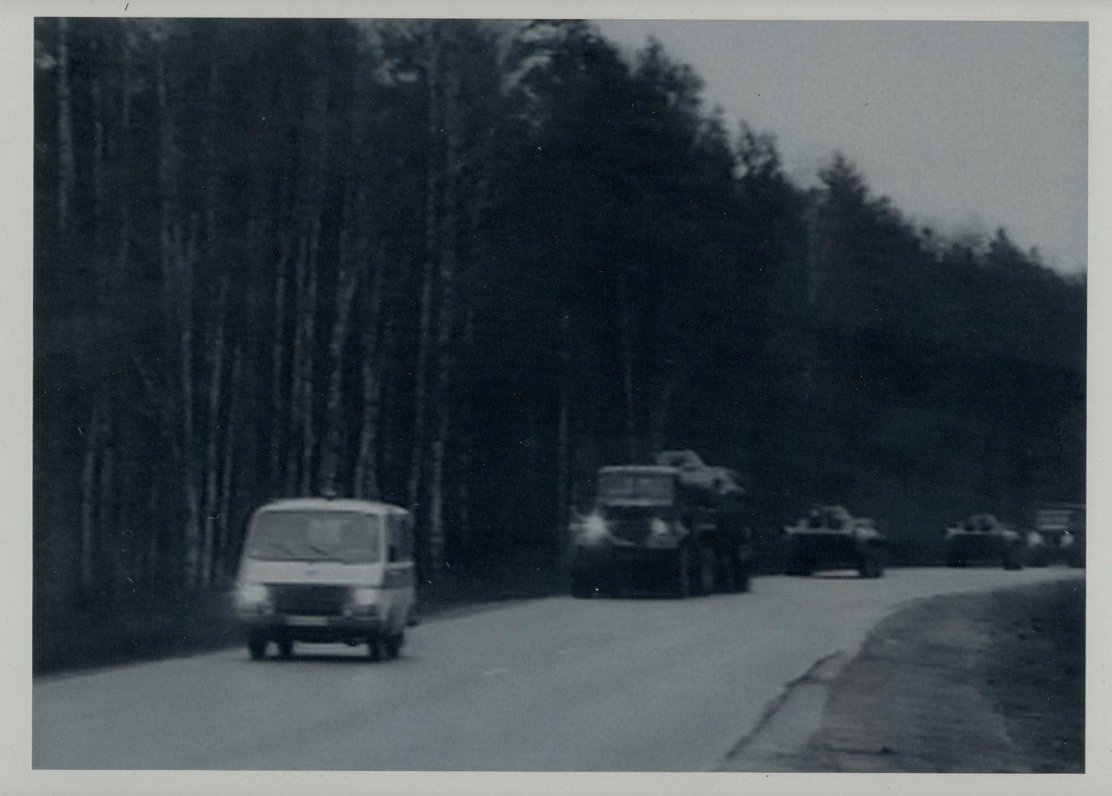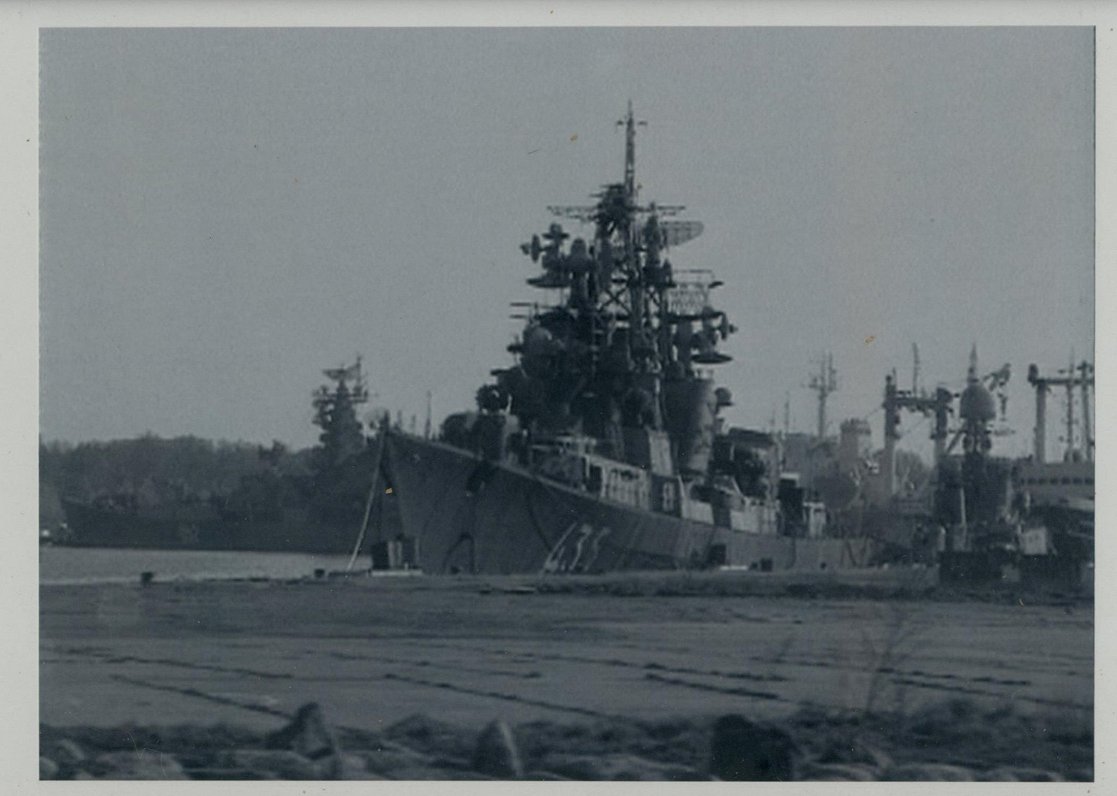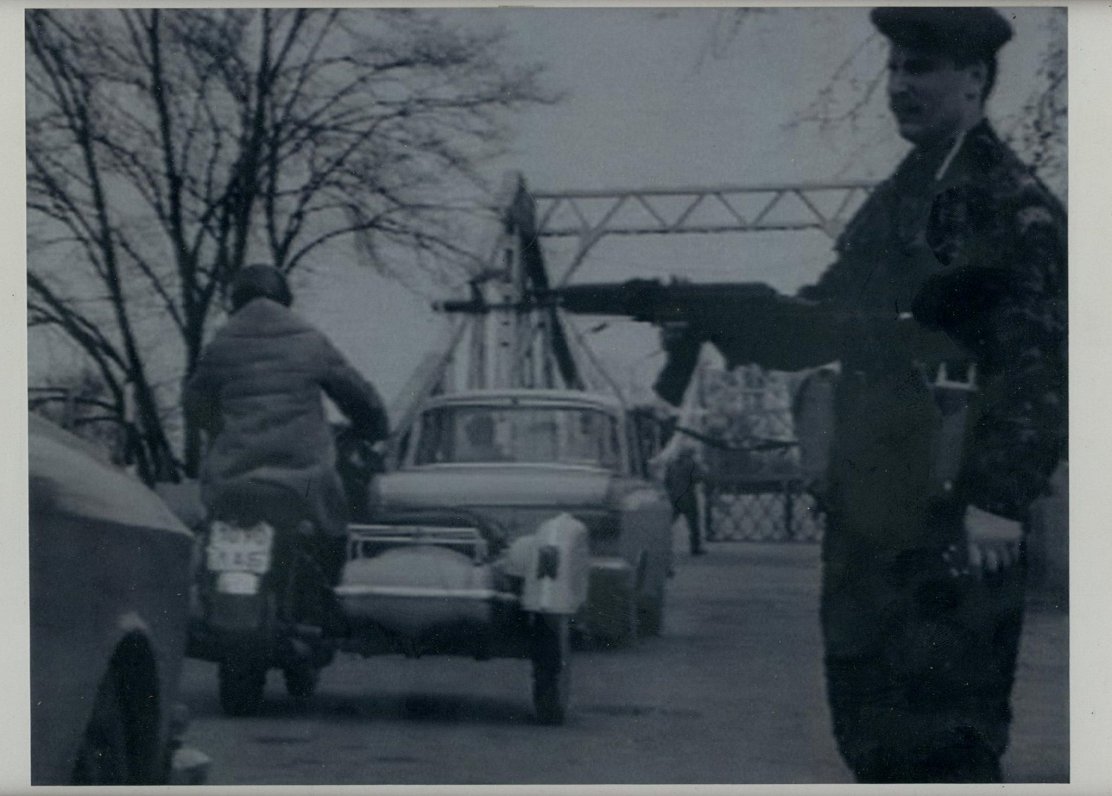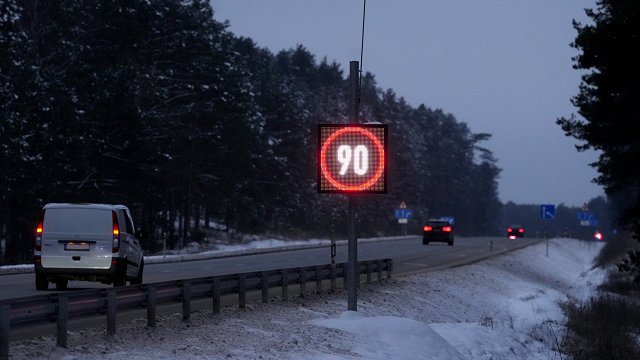Andis Kudors
The author of the article is Andis Kudors, political scientist and researcher for the project "Navigating the Latvian History of the 20th-21st Century: Social Morphogenesis, Legacy and Challenges" implemented by the University of Latvia Institute of Latvian History
During the reign of Vladimir Putin, Russia has been ravaged by a storm of revanchist and imperial ambitions that for years have been cultivated by the Kremlin-controlled media. Latvia, Lithuania, and Estonia's joining NATO in 2004 fundamentally changed the security situation in the Baltic Sea region. In the early 1990s, NATO still seemed a far-away and difficult to reach goal and first, we had to resolve an essential problem: the occupation forces were still present in Latvia and were in no hurry to go home.
'Foreign' or 'occupation' troops?
Practical consolidation of Latvia's independence started with an important step: on 29 August 1991 the Supreme Council of the Republic of Latvia officially requested the Soviet Union to withdraw its troops from Latvia. The first talks about the withdrawal of the troops took place in Moscow in early 1992 and already on 1 February a Russian delegation headed by Deputy Prime Minister Sergey Shakhrai arrived in Latvia. The negotiations, from the Latvian side were chaired by Jānis Dinevičs, began rather briskly, but soon the Russian side started to hamper their progress, putting forward ever new demands.
Initially, the Latvian side made a principal mistake, falling for the seemingly benevolent attitude of Shakhray who played the role of the 'good cop'. Our representatives referred to the Russian army as 'the foreign troops', while in fact they should have been defined as 'the occupation troops'. Terms matter: the stationing of 'foreign troops' in another state is usually based on mutually acceptable provisions agreed on by the two respective governments, while 'the occupation forces', which had entered another state illegally, must withdraw without looking back with their eyes cast down in shame.
One must agree with Tālavs Jundzis who wrote: "Russia as the successor of the USSR liabilities must carry out the withdrawal of the occupation troops in compliance with international law, without any conditions or demands, and compensate Latvia for all material losses and the moral damage incurred to it".1 Regretfully the Russian side's view on this issue was opposed.
The difficult negotiations
The negotiations lasted for 26 months, during which the delegations held 13 meetings. In April 1992 'the good cop' Sergey Shakhray was replaced by 'the bad cop', Sergey Zotov, Ambassador Extraordinary and Plenipotentiary of Russia. This is what Tālavs Jundzis has to say about him: "S. Zotov was an absolute opposite of S. Shakhray: an overbearing, self-confident, and cunning person. What has stuck in my mind is the demagogic statements he made at the negotiation table to the effect that the Russian troops in Latvia were entitled to a diplomatic status in compliance with international law".2
The negotiations were also affected by the domestic policy context in Russia: in 1993 the "red-brown" forces, i.e., the communists and imperialists, asserted their ambitions louder and louder. Russian Minister of Foreign Affairs Andrey Kozyrev tried to justify his firm position vis-à-vis Latvia with "the nationalist pressure", but likely it was only an excuse.
In 1993 the chairmanship of the Latvian delegation was assigned to Mārtiņš Virsis, who was forced to react to the increasing demands from the Russian side: that Russia's strategic facilities (such as Skrunda radar station) should remain in Latvia; that the Latvian side should waive its claims to the compensation for the occupation-caused losses; that the Latvian side should construct apartments for its former occupants in Russia; that Latvia should compensate Russia for the military facilities it had erected in Latvia; that Latvia should provide social and legal security to the military personnel retired from the occupation forces who should be granted the right to remain living in Latvia.
It was the same as if a bully demanded his victim to cover the costs of petrol, catering and accommodation that the former had incurred when committing the crime against the latter... However, the 'democratic' Russian side was not at all embarrassed by the absurdity of its claims.
The international dimension of the negotiations
In July 1992, a meeting of the heads of the CSCE (which later was renamed as the OSCE) member states took place in Helsinki in attendance of the presidents of the USA and Russia. Boris Yeltsin had to face the fact that the calls for Russia to take its troops home came not only from the Baltic States themselves but also from their allies. The two strongest Baltic States' allies were Sweden and the USA, especially after Bill Clinton became the President of the USA. The USA continued to pursue the policy of the non-recognition of the occupation and incorporation of the Baltic States, while Sweden had interests in the Baltic States, national security considerations among them.
On 1 July 1992 the United States Senate called for the restriction of the US aid to Russia unless substantial progress was achieved in the withdrawal of the Russian troops from the Baltic States. On 7 July the G7 summit in Munich called on Russia to work out a time-table for the withdrawal of its troops from the Baltic States.3 The UN General Assembly adopted a resolution "Complete withdrawal of foreign military forces from the territories of the Baltic States".4
One of the concessions from the Latvian part was agreement to allow Russia to use its anti-missile early-warning radar station in Skrunda until 1998. The "Skrunda issue" was largely decided in the talks between the US and Russian representatives. Negotiations about the withdrawal of the troops of Russia as the successor of the USSR went on until the spring of 1994 when on 30 April Latvia's President Guntis Ulmanis and Prime Minister Valdis Birkavs in Moscow signed an agreement with Boris Yeltsin on the withdrawal of the troops.
It could have been regarded as a success story if not for Latvia's concession on the issue of the Soviet military pensioners' stay in Latvia. Regretfully, on this issue Sweden and USA were not on our side. The Baltic States themselves were not completely united in their position either.
One of the lessons to be learned is that lack of unity among the Baltic States again played into Russia's hands. Russia withdrew its troops from Lithuania approximately a year earlier than from Latvia. The Estonian negotiators in their turn were dissatisfied with Latvia's more compliant position on the issue of the retired Russian military personnel.
The vigorous pensioners
On 10 June 1993 Boris Yeltsin announced the suspension of the withdrawal of the Russian troops from Latvia and Estonia, substantiating it with "violations of human rights" in Latvia and poor conditions in the new dislocation sites of the relevant troops in Russia.5 Latvia's allies did not provide any help in this regard, Russia exerted strong pressure and the desire finally to get rid of the Russian army was likewise strong in Latvia, thus, the Latvian delegation gave in and approved 22320 Russian military pensioners staying in Latvia.
The word 'pensioner' may be partially misleading in this case since a part of the retired Russian officers were younger than 50; moreover, they were indoctrinated by the Soviet propaganda.
Tālavs Jundzis reminds us: "Among them were both former specialists of the military intelligence and counterintelligence units, ideological staff of political departments as well as soldiers of special tasks units and landing forces".6
According to T. Jundzis, the total number of Russians staying in Latvia under the relevant provisions probably amounted to 75 -100 thousand persons, considering that the majority of Soviet officers resided in Latvia together with their families. It hampered the integration of Latvia's society for many subsequent years; moreover, for the Russian special services in the USSR, the military pensioners presented a convenient source from which to recruit agents in Latvia.
The 1990s geopolitical context
The withdrawal of the Russian military forces from the Baltic States took place in the context of two simultaneously transpiring processes of regional integration: 1) the enlargement of the transatlantic (NATO) space, and 2) the integration of the Commonwealth of Independent States (CIS) headed by Russia.
In 1994, NATO launched Partnership for Peace (PfP) programme and in this framework concluded bilateral treaties with the states of the former Warsaw Pact. By the late 1994, already 23 states, including 10 CIS members, had signed PfP treaties with NATO. Moreover, in this period Russia, too, actively cooperated with NATO. In the 1990s the geopolitical situation was markedly favorable for the Baltic States successfully to move away from Moscow; however, not all former Soviet Republics followed in their footsteps.
Although economically Russia was weak, it had not given up its ambitions for regional domination. On Moscow's initiative, on 15 May 1992 Russia, Armenia, Kazakhstan, Kirgizstan, Uzbekistan and Tajikistan signed a Collective Security Treaty (CST). In September 1993, Azerbaijan, Belarus and Georgia also joined the treaty.
After Vladimir Putin's coming to power, Russia started to act more decisively in its relations with the neighbor countries and 2002 CST was transformed into the Collective Security Treaty Organisation (CSTO), which no longer had Azerbaijan and Georgia among its members, while Uzbekistan kept joining and leaving the CSTO. War in Nagorno-Karabakh and the invasion of the Ukrainian forces into Russia's territory demonstrate that CSTO does not really work, there is a lack of solidarity among its member states and hardly any of them wants to get involved in Russia's criminal ventures.
To be on the safe side
Latvia, Lithuania and Estonia would not have reached their transatlantic integration goals if they did not 'rush' their demands for the withdrawal of the Russian troops and did not act decisively to leave the orbit of Moscow's influence. A range of states took their time to do so and today we can see the power of the Russian bear's grip holding them.
To ensure that the former Soviet republics do not go astray, Moscow secured the continued presence of Russian military bases in these states. In Belarus there is a radio-technical centre Volga operating in Gantcevichy and 43rd Communications Centre in Vileiki, that provides the Russian Navy with radio communication with its ships and submarines and operates radio intelligence. In Ukraine, Russia was anchored with the help of the Black Sea Naval Base in Sevastopol.
Moldova was held on a noose - Russian military operational group in Transnistria that was established there in 1995 on the base of the disbanded 14th army. Armenia was "guarded" with the help of military base No. 102 in Gyumri and Yerevan and airbase No. 3624 in Yerebuni. Due to Nagorno-Karabakh, Armenia was dependent on Russia to protect it against Azerbaijan, but failed to receive aid in a critical moment and now is freely floating towards the West.
The list of Russia's 'insurance policies' could be continued with Kazakhstan where in Gulshad, Russia has radio-technical centre "Balkhash -9", several missile defence system and aircraft testing grounds and Baikonur Cosmodrome. The size limit of this article does not allow to list Russia's military facilities in Kirgizstan, Tajikistan and the occupied regions of Georgia.
Turkmenistan and Uzbekistan are lucky not to have the permanent presence of Russian military bases, however, they have agreements with Russia that allows the latter to use their airfields in case of need. All of this is mentioned to underline that the Baltic State's actions in the 1990s were unequivocally correct: if you want to be free, by all means, do not allow Russia to have its military bases in your territory!
One of the lessons to be learned from all the above is that indulging the aggressor does not help. Either the ceding of Abrene, or the keeping of the retired Russian military personnel in Latvia did not essentially improve Russia's policies vis-à-vis Latvia. Russia respects force rather than compliance.
On the one hand, the withdrawal of the Russian troops in 1994 allowed the Baltic States to breathe a sigh of relief and to announce a new strategic foreign policy choice. The Main Foreign Policy Directions of Latvia until 2005 adopted by the Parliament (Saeima) of the Republic of Latvia in 1995, defined Latvia's top foreign policy priorities: accession to NATO and the European Union. It was a huge achievement.
On the other hand, the negotiations on the withdrawal of the Russian troops left unresolved the issues of the compensation for the consequence of the occupation and the Russian military pensioners; injustice prevailed in this regard.
In his TV show "The Keys", Mārtiņš Ķibilds draws the conclusion: "The treaty dishonoured Latvia as the bulk of responsibility for the elimination of the consequences of the occupation was placed not on the occupier but rather on the poor victim of the occupation. Decades after the withdrawal of the troops, municipalities, the Latvian State Forest authority and entrepreneurs spend crazy millions to get rid of the garbage. They keep dismantling, shovelling and recovering. All this constitutes Latvia's losses. A fair treaty would have obliged the guest to clean after itself." 7
While agreeing with Mārtiņš Ķibilds, I would like to add that it is easy for us to criticize the negotiators because we see everything from today's perspective and have the benefit of a hindsight. At that time the future was shrouded in mist, the Russian army was still present in Latvia's territory, the Armed Forces of Latvia were only emerging, and we did not have the backing of the West to the extent that we enjoy today.
This article is part of the series “The Most Popular Myths in the 20th -21st Century History of Latvia” published on public media portal LSM.lv. The publication has been prepared withing the framework of the State Research Programme project “Navigating the Latvian History of the 20th-21st Century: Social Morphogenesis, Legacy and Challenges” (No. VPP-IZM-Vēsture-2023/1-0003).
1 Tālavs Jundzis, "Krievijas karaspēka izvešana no Latvijas 1992-1994: diplomātiska uzvara vai politiska piekāpšanās?" [The Withdrawal of the Russian Troops from Latvia, 1992-1994: Diplomatic Victory or Concession] LZA Vēstis, 2014, chrome-extension://efaidnbmnnnibpcajpcglclefindmkaj/http://archive.lza.lv/LZA_VestisA/68_3-4/1_Talavs%20Jundzis_Krievias%20karaspeka%20izvesana.pdf
2 Ibid.
3 Juris Ciganovs. Divdesmit gadi kopš Krievijas armijas izvešanas Mūsdienu vēsture [Twenty Years since the Withdrawal of the Russian Troops. Contemporary History], 28.08.2014, Sargs.lv, https://www.sargs.lv/lv/musdienu-vesture/2014-08-28/divdesmit-gadi-kops-krievijas-armijas-izvesanas.
4 Complete withdrawal of foreign military forces from the territories of the Baltic States: resolution/ adopted by the General Assembly. UN. General Assembly (47th sess.: 1992-1993), https://digitallibrary.un.org/record/158768?ln=ru&v=pdf.
5 Juris Ciganovs. Divdesmit gadi kopš Krievijas armijas izvešanas Mūsdienu vēsture [Twenty Years since the Withdrawal of the Russian Troops. Contemporary History], 28.08.2014, Sargs.lv, https://www.sargs.lv/lv/musdienu-vesture/2014-08-28/divdesmit-gadi-kops-krievijas-armijas-izvesanas.
6 Tālavs Jundzis, "Krievijas karaspēka izvešana no Latvijas 1992-1994: diplomātiska uzvara vai politiska piekāpšanās?" LZA Vēstis, 2014, http://www.lza.lv/LZA_VestisA/68_3-4/1_ Talavs%20Jundzis_Krievias%20karaspeka%20izvesana.pdf
7 Mārtiņš Ķibilds. "Atslēgas": Krievijas armijas izvešana: nebeidzamās beigas ["The Keys": the Never-Ending End of the Withdrawal of the Russian Troops]. LSM.lv, 06.09.2018., https://www.lsm.lv/raksts/dzive--stils/vesture/atslegas-krievijas-armijas-izvesana-nebeidzamas-beigas.a291354/
